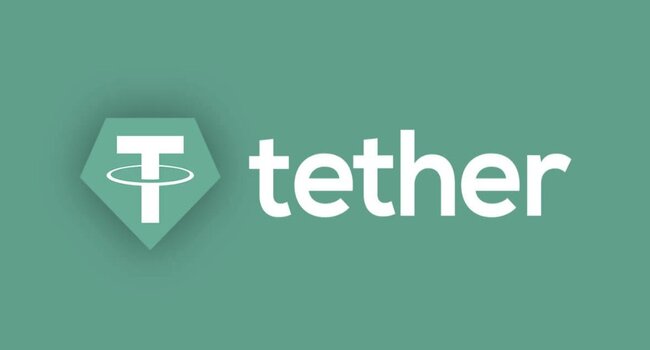Highlights:
- Canadian police praise Tether for assisting in the recovery of $10,000 CAD in stolen cryptocurrency assets.
- Tether’s voluntary cooperation with the OPP’s Cyber Investigations Team swiftly returned funds to the victim.
- More than 195 law enforcement agencies in 48 countries have used Tether to fight cybercrime and reclaim illicit assets.
Canadian police praise Tether for helping in the recovery of $10,000 CAD in stolen cryptocurrency assets. According to the statement, the company helped the Ontario Provincial Police (OPP) by freezing the assets implicated, enabling their return to the rightful owner.
Tether and the OPP’s Cyber Investigations Team worked closely together to complete the recovery. OPP Detective Staff Sergeant Addison Hunter confirmed that Tether played a critical role in the operation. “The stolen digital assets were recovered and returned to the victim through the voluntary assistance and cooperation of Tether International Ltd.,” Hunter said. Tether’s quick action to retrieve the stolen funds made it happen promptly.
Tether has shown its commitment by supporting law enforcement agencies worldwide. The company seeks to protect users and prevent digital assets from being used for illegal activities. By responding to cybercrime victim requests from authorities, Tether helps alleviate some of the impact of cybercrime.
Tether Commended for Collaboration with Canadian Law Enforcement in Recovery of Stolen Digital Assets
Read more: https://t.co/Ph90yMJJ0d— Tether (@Tether_to) November 8, 2024
Tether’s Role in the Recovery Process
Tether quickly reacted to the OPP’s request, freezing the Tether tokens involved in the heist. This decisive action prevented the stolen cryptocurrency from being transported or laundered by the criminals, and it assured that the monies were recoverable by immobilizing the assets.
Furthermore, Tether CEO Paolo Ardoino reaffirmed the company’s commitment to tackling cybercrime. “We remain committed to supporting law enforcement efforts to hold bad actors accountable and support the victims,” according to Ardoino. Tether’s help demonstrates its commitment to openness and regulatory compliance.
Furthermore, Tether’s capacity to freeze assets is an important tool for thwarting illegal activity using digital currencies. The company’s collaboration with law enforcement authorities helps to deter future cybercrimes by lowering the possible incentives for cybercriminals.
Ongoing Support for Global Law Enforcement
Tether has positioned itself as an important partner for law enforcement organizations worldwide. The business claims to have helped over 195 agencies in 48 countries, freezing over $2 billion in illegal assets. These actions highlight Tether’s substantial commitment to worldwide efforts to combat financial crime.
#TRON, @Tether_to, and @trmlabs today announced we have joined forces to establish the T3 Financial Crime Unit, a first-of-its-kind initiative aimed at facilitating public-private collaboration to combat illicit activity associated with the use of USDT on the TRON blockchain.… pic.twitter.com/156pMChPra
— TRON DAO (@trondao) September 10, 2024
Moreover, Tether has collaborated in high-profile cases in the past. In September 2020, the company worked with cryptocurrency exchange Bitfinex to freeze over $33 million in Tether tokens stolen during the KuCoin exchange hack. This incident drained the exchange of approximately $200 million, and Tether’s intervention helped mitigate the losses.
Additionally, in January 2022, Tether proceeded to block several addresses, freezing $150 million in Tether tokens. Although no official reason was provided, such actions are typically taken in response to suspected illicit activities. Tether’s willingness to act without delay demonstrates its commitment to maintaining the integrity of the cryptocurrency ecosystem.
Furthermore, Tether has taken steps to enforce compliance with sanctions. In December 2023, the company announced a wallet-freezing policy for individuals and entities sanctioned by the U.S. Office of Foreign Assets Control. This policy came after U.S. lawmakers pressured the company to enforce sanctions due to alleged illicit financing.





